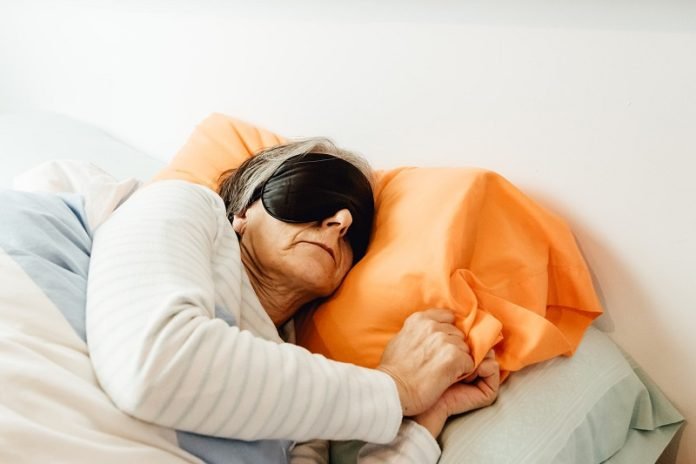
In Australia, almost one million adults have type 2 diabetes. Globally, type 2 diabetes affects more than 422 million people.
In a study from the University of South Australia, scientists found that troubled sleep may be a risk factor for type 2 diabetes.
They found that people who reported trouble sleeping were on average more likely to have indicators of poor cardio-metabolic health—inflammatory markers, cholesterol, and body weight—which can contribute to type 2 diabetes.
The researchers say different aspects of sleep are associated with risk factors for diabetes.
Everyone knows that sleep is important. But when we think about sleep, we mainly focus on how many hours of sleep we get, when we should also be looking at our sleep experience as a whole.
In this study, the team examined the association between different aspects of sleep, and risk factors for diabetes, and found a connection between those who had troubled sleep and those who were at risk of type 2 diabetes.
The study assessed more than 1,000 Australian adults with a median age of 44.8 years.
The researchers examined a range of sleep characteristics: self-report trouble sleeping, duration, timing, efficiency, and day-to-day sleep length variability.
They found People who reported having trouble sleeping were also more likely to have a higher body mass index, as well as blood markers of cholesterol and inflammation.
The team says more research is needed, but as this study shows, it’s important to think about sleep as a whole, not just as one aspect.
If you care about sleep, please read studies about drug that can treat sleep loss and insomnia, and Restless sleep may be an early sign of Parkinson’s disease.
For more information about sleep, please see recent studies about exercise that can help you sleep better, and results showing 7 hours of sleep is best for people in middle and old age.
The study was conducted by Dr. Lisa Matricciani et al and published in The Science of Diabetes Self-Management and Care journal.
Copyright © 2022 Knowridge Science Report. All rights reserved.



